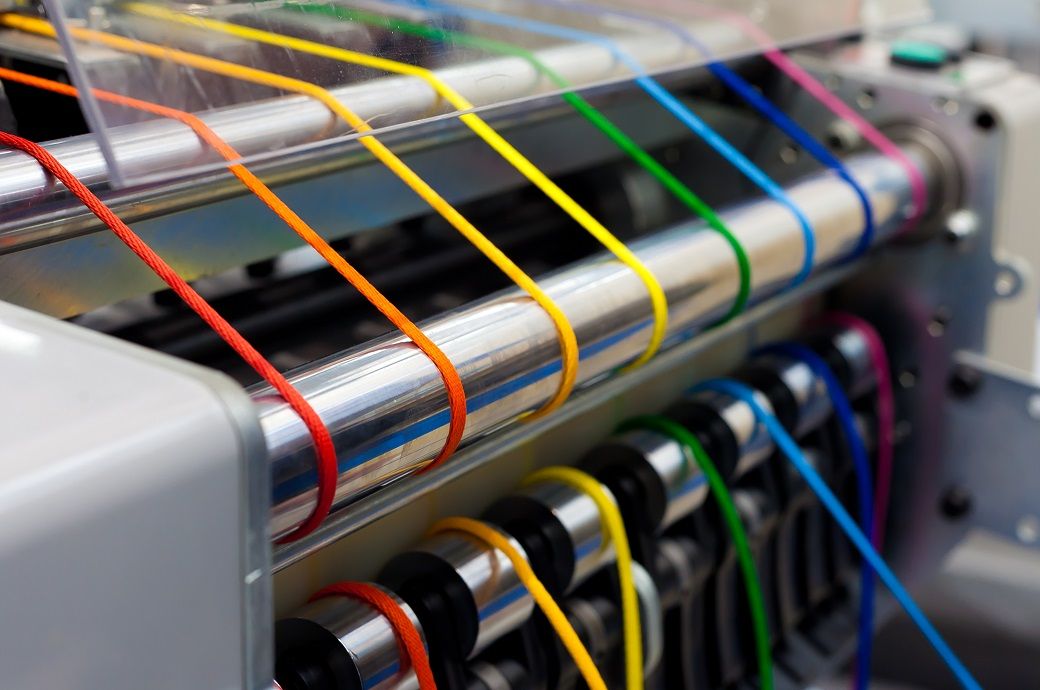
Underpinning the latest decline in the health of the manufacturing sector was a persistent reduction in new orders. Foreign demand likewise remained subdued, moderating for a sixth straight month and at a solid pace, according to The Judo Bank Flash Australia Composite PMI survey by S&P Global.
The Judo Bank Flash Australia Composite PMI Output Index fell from 53.0 in April to 51.2 in May. Posting above the 50.0 no-change mark for a second consecutive month, the figure indicated a continued expansion of the private sector, albeit at a slower rate compared to April.
Supply pressures eased for goods producers, with average lead times shortening further while input cost inflation remained well below that seen in 2022. Despite the reduction in output levels, firms continued to expand staffing levels in May. The rate of increase was the slowest in the current sequence of job creation, however, amid subdued market conditions.
Meanwhile, employment levels expanded for the 21st straight month in May. The rate of workforce expansion eased across both the manufacturing and service sectors, however, often due to a lack of suitable candidates, according to anecdotal evidence.
Finally, business confidence amongst private sector firms improved in May, brought about by increased optimism in both the manufacturing and service sectors. The level of business confidence remained well below the series average, however, as firms remained concerned about the business outlook, higher interest rates, and inflation.
While input cost inflation eased in May, faster demand growth provided firms with better pricing power, leading to higher selling price inflation.
Warren Hogan, chief economic advisor at Judo Bank, said: “Australia’s manufacturing sector continues to slow in May and is on track for a soft landing. This is consistent with a global manufacturing slowdown, weaker consumer goods demand, and a lack of growth in construction activity across the Australian economy.
“The manufacturing indicators do not signal recession. We would need to see a further marked deterioration in the manufacturing survey to be concerned about a sharper downturn.”
Fibre2Fashion News Desk (NB)